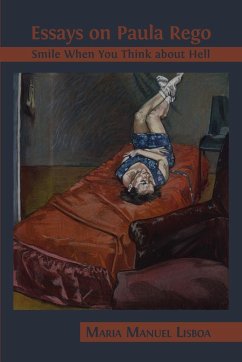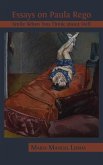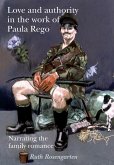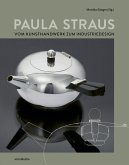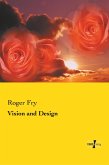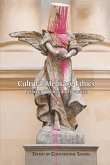In these powerful and stylishly written essays, Maria Manuel Lisboa dissects the work of Paula Rego, the Portuguese-born artist considered one of the greatest artists of modern times. Focusing primarily on Rego's work since the 1980s, Lisboa explores the complex relationships between violence and nurturing, power and impotence, politics and the family that run through Rego's art. Taking a historicist approach to the evolution of the artist's work, Lisboa embeds the works within Rego's personal history as well as Portugal's (and indeed other nations') stories, and reveals the interrelationship between political significance and the raw emotion that lies at the heart of Rego's uncompromising iconographic style. Fundamental to Lisboa's analysis is an understanding that apparent opposites - male and female, sacred and profane, aggression and submissiveness - often co-exist in Rego's work in a way that is both disturbing and destabilising. This collection of essays brings together both unpublished and previously published work to make a significant contribution to scholarship about Paula Rego. It will also be of interest to scholars and students of contemporary painting, Portuguese and British feminist art, and the political and ideological aspects of the visual arts.
Hinweis: Dieser Artikel kann nur an eine deutsche Lieferadresse ausgeliefert werden.
Hinweis: Dieser Artikel kann nur an eine deutsche Lieferadresse ausgeliefert werden.

